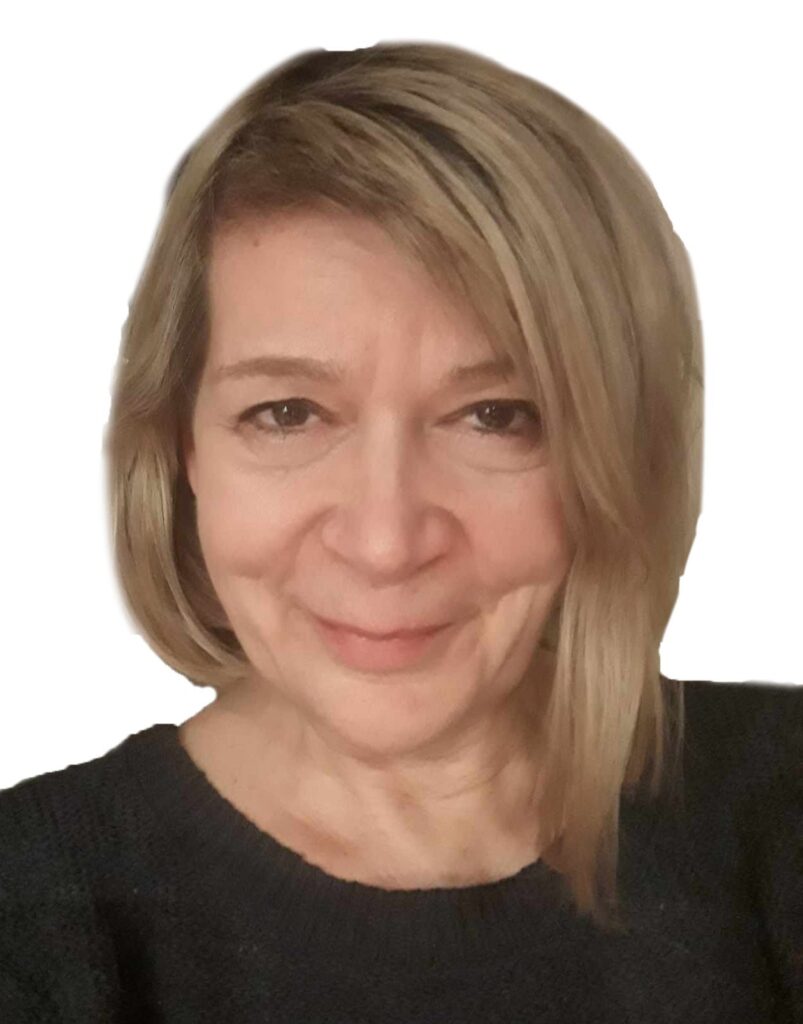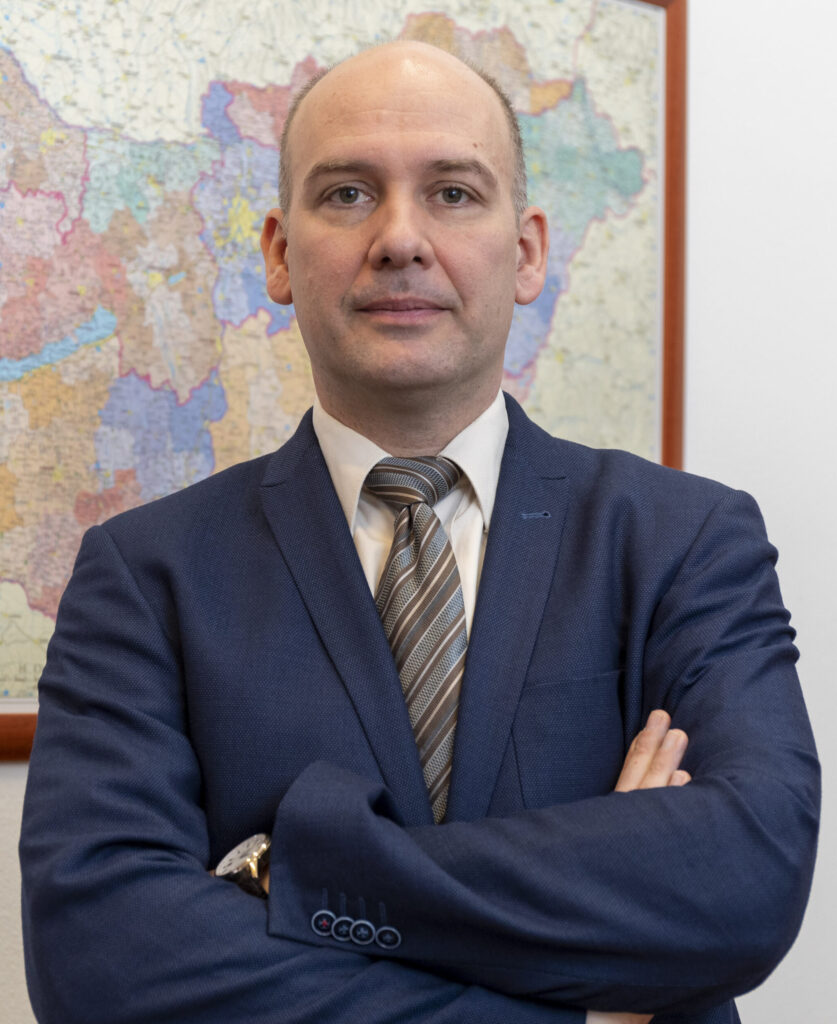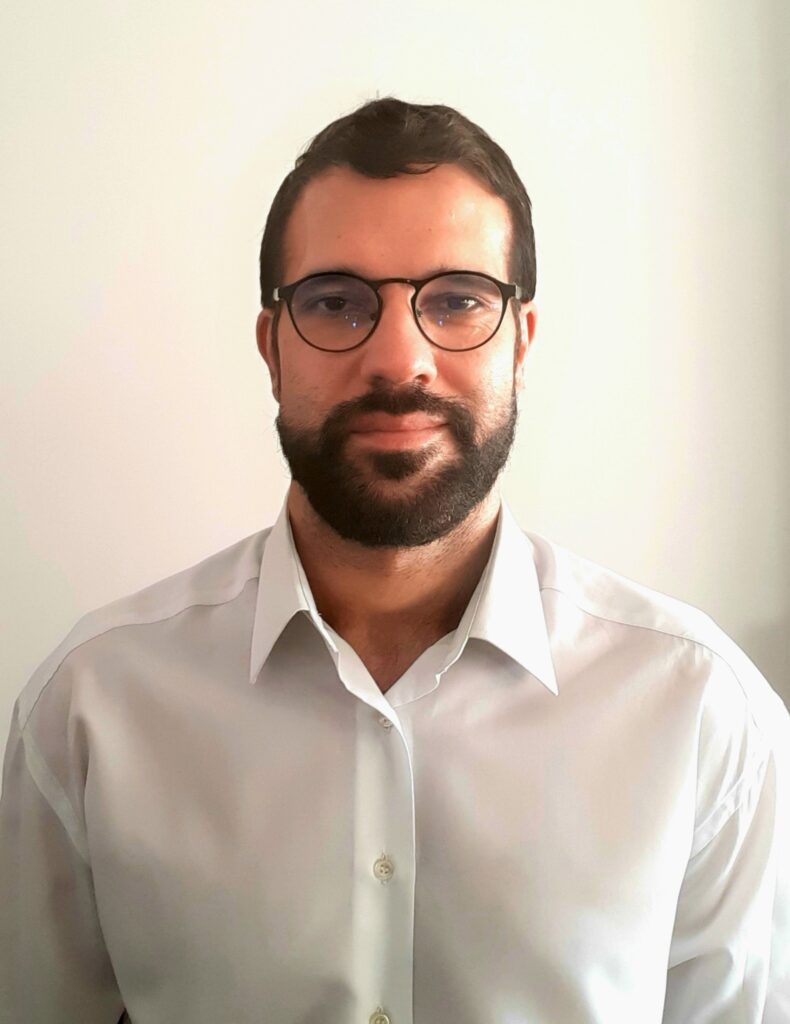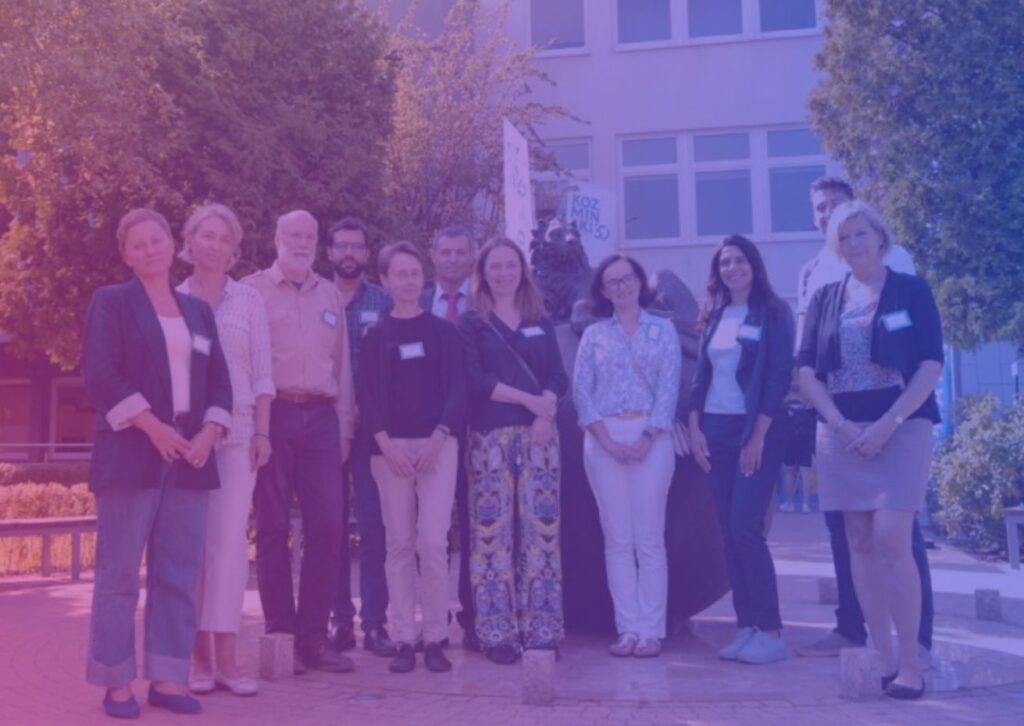Who are you, where do you work and what are your current research interests?

I am Dorka Balogh, I work at Pázmány Péter Catholic University, where I teach legal English, and legal translation. I also lead the Legal Translator Training post-graduate specialist program and the Law and Language Research Group. I hold a PhD in Applied linguistics (Translation studies) and my research focuses on legal translation (with a genre-specific approach), legal language and legal translator training methodology.

I am Balázs Szabolcs Gerencsér.I was awarded a PhD degree in 2008. I’m an associate professor at the Administrative Law Department of the Pázmány Péter Catholic University. My current fields of research are Comparative and European Public Administration, Education Rights, Language Rights and Protection of Minorities. Today I’m the deputy head of the Department of Administrative Law at Pázmány, Budapest and the director of Ereky Public Law Research Centerof the same university.

I am Fernando Prieto Ramos, a full professor and director of the Centre for Legal and Institutional Translation Studies (Transius) at the University of Geneva’s Faculty of Translation and Interpreting, where I am also currently vice-dean. I have a background in law and legal and economic translation, including five years of in-house service at the World Trade Organization. My work focuses on interdisciplinary approaches and quality assurance in legal and institutional translation in particular, including the use of new technologies and their impact on working methods and competence requirements. This theme was also part of my recent Consolidator Grant project on “Legal Translation in International Institutional Settings” (LETRINT).
How did you get involved with LITHME network?
Dorka: I first heard about LITHME from a colleague, became interested and joined WG7 (Language professionals) and WG2 (Language and Law), as it was obvious by then that professions related to languages are undergoing dramatic changes due to the fast improvement of language technology. I took part in the first training school of LITHME as a trainee, and I’ve been chairing WG2 since January 2023, following Petra Lea Láncos in the position. Having been first a trainee and later a WG chair endowed me with a double perspective on the LITHME project. It’s been a pleasure to work together with WG2 co-chairs Fernando Prieto Ramos and Balázs Gerencsér.
Fernando: I contributed to the law and language components of the application since the first attempt, and was then invited to join the MC as one of the two members representing Switzerland. I joined WG2 and WG7 from the beginning, and I was eventually invited to chair WG2 after a workshop in Budapest, which was very motivating. I have been a co-chair since January 2023. The emergence of new AI developments in the past few years has only reinforced my interest in LITHME’s activities.
How has LITHME impacted your research?
LITHME has opened up new pathways for research activities and provided access to online talks and research papers on interdisciplinary topics, which were inspirational to us. The training schools, the workshops and the yearly conferences facilitated networking with fellow-researchers and highlighted new aspects for research to be explored. LITHME has added a lot to our research. It has given us excellent contacts across disciplines, beyond our existing networks, and it has been a springboard for new ideas, collaborations and research in connection with the themes of WG2 and beyond.
Mention one thing you would like everyone to know about the relationship between language and the law
While legal professions are driving the development of certain language technologies in the legal domain, language technologies themselves may trigger legal developments. The incremental development of certain language technologies will, as a corollary, lead to major changes in the legal professions and training, as well as certain areas of regulation.
Mention one most important thing your WG will advance during the last year of LITHME as a COST Action
In addition to finalising our chapter for the MIT Press volume and organising the final workshop for the WG, we have been working on a special edition of the Pázmány Law Review (PLR), an open access journal, which will contain papers written by WG2 members from various countries and will be published in the coming months.

